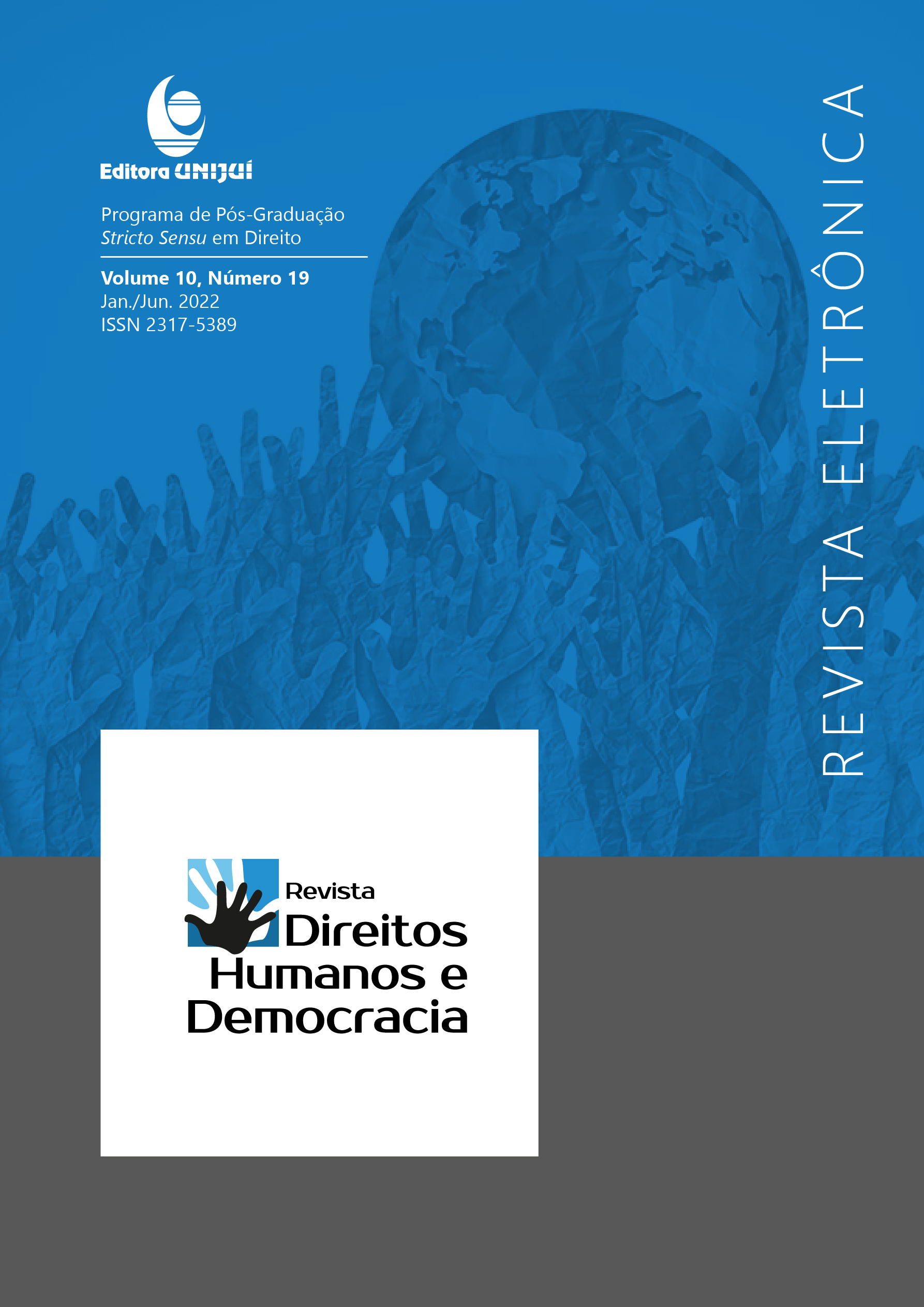Sustainable Parentality: The Right to Family Living as a Reality and not as an Expectative
DOI:
https://doi.org/10.21527/2317-5389.2022.19.12077Keywords:
Affectivity, Child and teenager, Personality rights, FamilyAbstract
The objective of this work is to analyze the right to family life and its current reality in the face of children and adolescents, based on scientific research, current legislation and jurisprudence. Thus,the discussion on the exercise of parenting, is encouraged, focusing on the prevention and protection of children and adolescents, bearing in mind that the damages caused by parents to their children can only be compensated and not repaired. The hypothetical-deductive method was used in conjunction with the bibliographic and documentary research method, under the scrutiny of a qualitative approach, reaching the conclusion that the reality in which parenting is found is unsustainable, which the right to family life remains undermined and constantly violated by practices of emotional abandonment and parental alienation, urgently needing a new jurisdictional stance aimed at parenting in addition to being responsible, but sustainable.
Downloads
Published
How to Cite
Issue
Section
License
By publishing in the Revista Direitos Humanos e Democracia, authors agree to the following terms:
Articles are licensed under the Creative Commons Atribuição 4.0 Internacional (CC BY 4.0), which allows:
Share — copy and redistribute the material in any medium or format;
Adapt — remix, transform, and build upon the material for any purpose, including commercial use.
These permissions are irrevocable, provided the following terms are respected:
Attribution — authors must be properly credited, with a link to the license and indication of any modifications made;
No additional restrictions — no legal or technological measures may be applied that restrict the use permitted by the license.
Notices:
The license does not apply to elements in the public domain or covered by legal exceptions.
The license does not grant all rights required for specific uses (e.g., image rights, privacy, or moral rights).
The journal is not responsible for opinions expressed in the articles, which remain the sole responsibility of the authors. The Editor, with the support of the Editorial Committee, reserves the right to suggest or request modifications when necessary.
Only original scientific articles presenting research results of interest, not previously published or simultaneously submitted to another journal with the same purpose, will be accepted.
References to trademarks or specific products are intended solely for identification purposes and do not imply any promotional endorsement by the authors or the journal.
License Agreement: Authors retain copyright over their articles and grant the Revista Direitos Humanos e Democracia the right of first publication.













